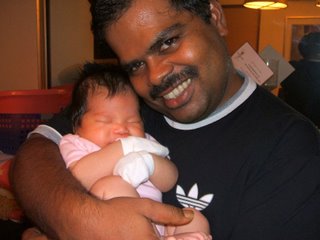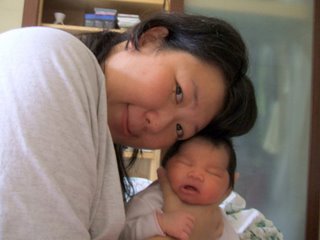It seems clear that some people are born into life with their purposes clear: a Michelangelo, a Mother Theresa, a Dr. Edward Bach. These are the people whose burning torches cast a light which brightens all of humanity.
Most of us, however, feel that we've arrived with a pack of wet matches. We want our lives to have purpose and power; we want to travel our paths with joy and confidence, but we can't seem to find a direction. We may use up physical, emotional, and psychic energy following paths of duty which our hearts cannot embrace. We may stand at a crossroads, so desperately afraid of making a mistake that we go nowhere. We may scatter our energy by trying to travel several paths at once.
The beginning of a new year is a traditional time for making new resolutions about one's life. But today will do too! One of the most important resolutions we can make is to begin a journey of self-discovery. In order to do this we need to understand how we got detoured in the first place.
From Soul to You. The soul is that aspect of our being which has never forgotten its purpose. It attempts to give travel directions to the personality, that aspect of ourselves which functions in physical reality--but the personality doesn't always receive the message. We may have learned not to believe in the soul, and also learned either to tune out its messages or to interpret them as a sign of lunacy. Thus, the first and most important step on a journey of self-discovery is to believe that there is a self to be discovered, that the map of possibilities we need is within ourselves, and accessible. It isn't enough to plant this belief; it must be nurtured as well, because in the beginning we need to trust in our souls without having any actual evidence of their existence. Faith, however, goes hand in hand with good works, and there is much we can do to help restore the interrupted lines of communication.
Paths and Patterns. Often when we play detective and investigate our own lives we find valuable clues. When you were a child what activities made you happiest? With whom did you have your most rewarding relationships? (These questions may also be asked about your present life.) By looking for patterns you can discover both the shape of possibilities in your life and the ways in which you've blocked them. For example, someone might discover that all her life people had told her that she would make a wonderful therapist, and that she, from lack of self-esteem, had never believed them. She might remember opportunities for doing counseling which she had refused. Someone else might remember a place he had always longed to visit, and how its name always seemed to come up--in conversation or in the books he reads.
In your search you will find your dreams valuable. Dreams are an important vehicle through which the soul communicates with the personality. In the dream state we're free to experiment with various possibilities for our lives, finally choosing the ones most suitable for physical manifestation. Our dream images express our deepest feelings and wishes as well as the beliefs which may prevent their expression. Pay close attention to your dreams, recording them, and re-reading them to discover messages and patterns. Receptivity to your dreams will enhance your ability to be receptive during your waking hours.
Be alert as well for the clues which may come up in day-to-day life. You may be intrigued by someone's description of a Polynesian dance class; you may have a sudden urge to learn to play the oboe. Playing the oboe or dancing the hula may not be your life's purpose, but following the impulse which pulls you most strongly can only lead you in the appropriate direction.
Getting Specific. You can also clarify your possibilities by asking these questions: If I didn't have to work for a living what would I love to do? If I were given $1 million, tax-free, what would be the first thing I'd do with it?
In doing this exercise be careful not to censor yourself. Don't worry if an idea which comes into your mind just seems to ridiculous or too impossible. These are the reactions which helped us to get off-course in the first place. What you write down isn't your final life plan, but--as in the case of your impulses--various attractive possibilities. Next, look at each possibility you've written down and ask yourself what value you will get from it. Do you want that boat because you love sailing and the sea? If so, what feeling does that give you? Do you want to sail around the world because you'd like to learn about other cultures? Why does that interest you? Keep adding to the list. As you study it, in combination with the information you've received from dreams, etc., you will find that you're clarifying both the nature of your gifts and interests, and the commitment you feel to contribute to others.
Another way to get to the latter is to ask yourself a third question, "How would I like to be remembered when I'm gone? Do I want people to say I was brilliant, considerate, generous?" How you would like to be remembered is really how you would like to be right now. Translate this feeling of commitment into a statement of purpose. Remember that no one is grading it; there's no deadline, and you can rewrite and refine it as many times as you want to. You'll know when it's right for you; you'll have a feeling of resonance and attunement. The next step is to align your life so that it's an appropriate vehicle for your purpose.
When Michelangelo was asked how he sculpted his works of art he said that he simply cut away everything which wasn't the statue. This is good advice, but let's go easy on the drastic, sweeping changes. Call on Turtle medicine and remember that slow and steady wins the race. The more surely you integrate your purpose into your being the easier change will be. Remember too, that as you begin to nurture your purpose you will find it growing. You'll discover that it's not the end, but the beginning, not a traveling away from yourself, but your journey home.










